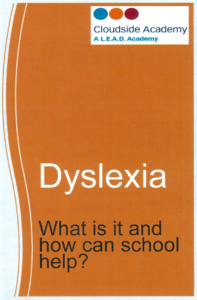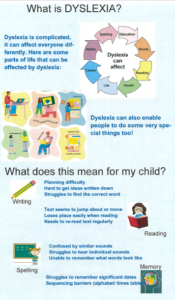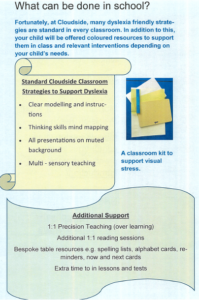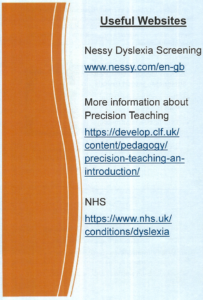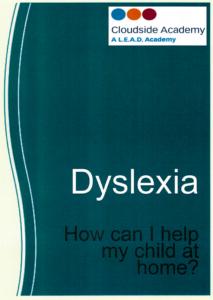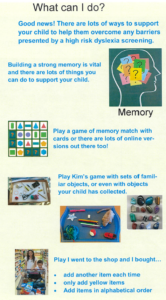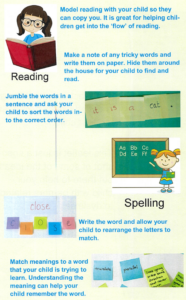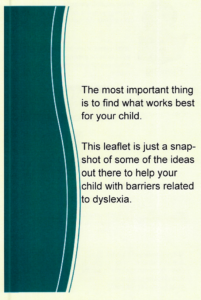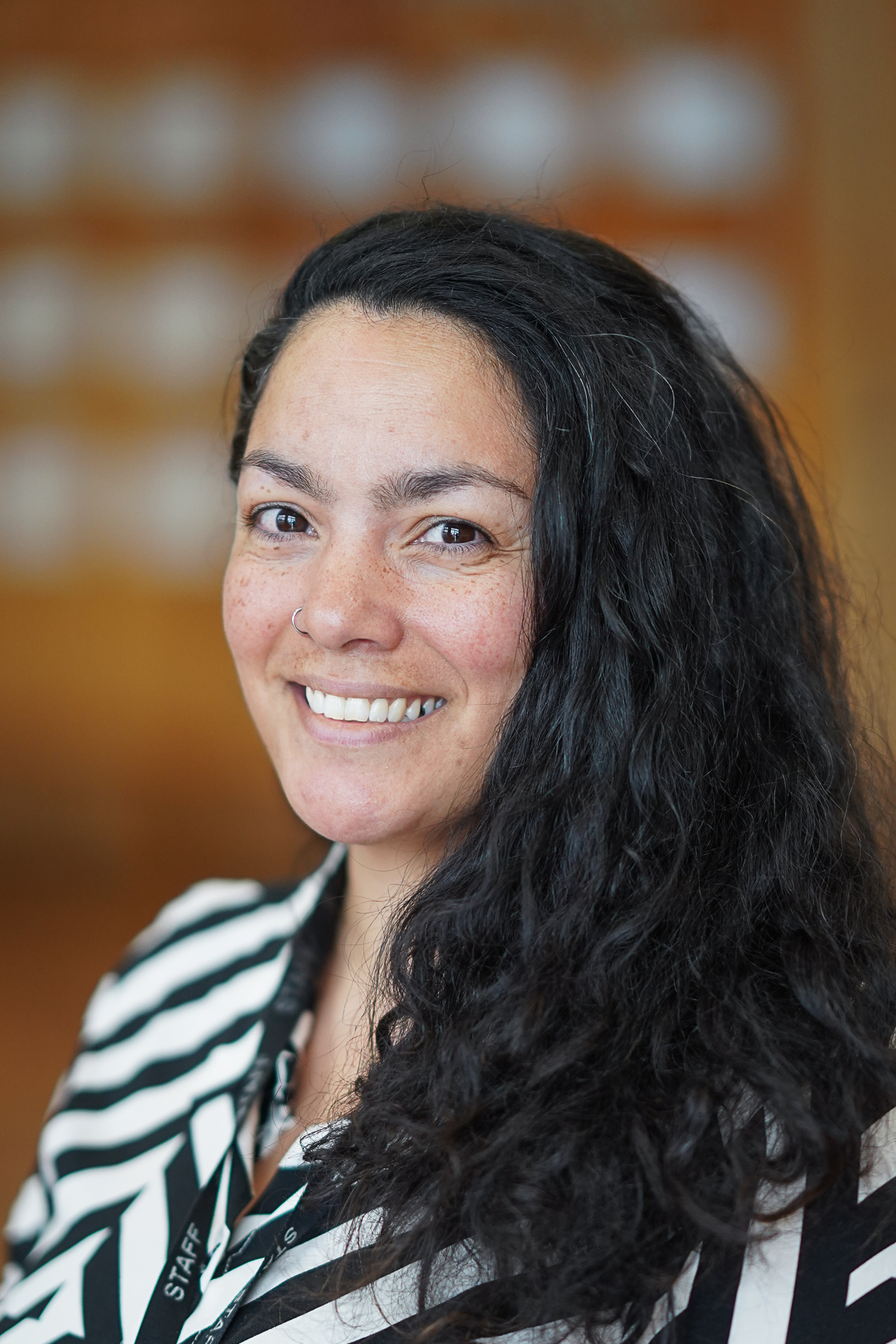
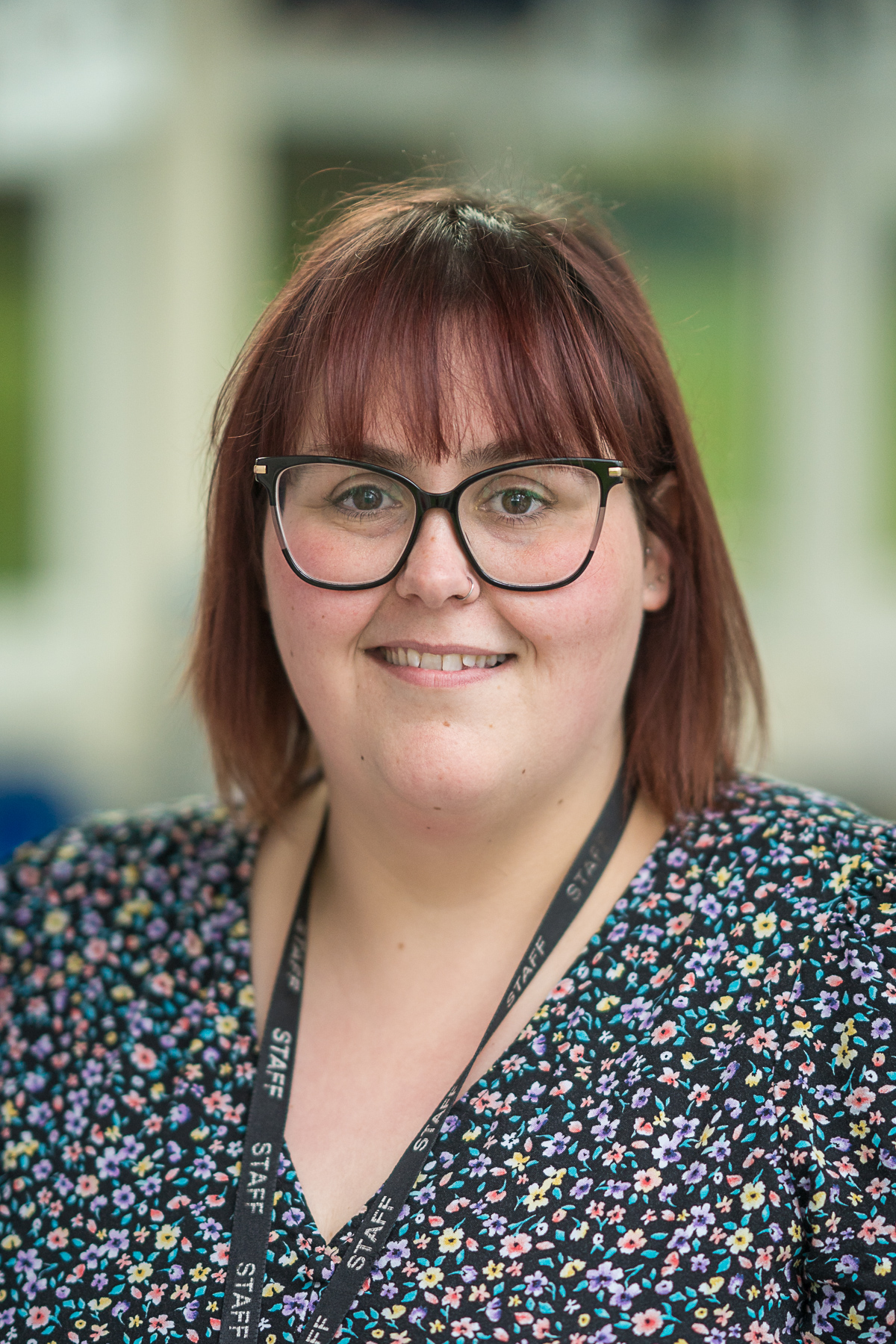
Here at Cloudside we have an inclusive approach to teaching children with Special Educational Needs and Disabilities (SEND) which ensures that all pupils achieve their potential; personally, socially, emotionally and academically in all areas of the curriculum, regardless of their gender, ethnicity, social background, religion, physical ability or educational needs. We do this by removing barriers to learning and participation, providing an education that is appropriate to pupils’ needs, and promoting high standards and the fulfilment of potential for all pupils. We create a positive and supportive environment for all pupils without exception.
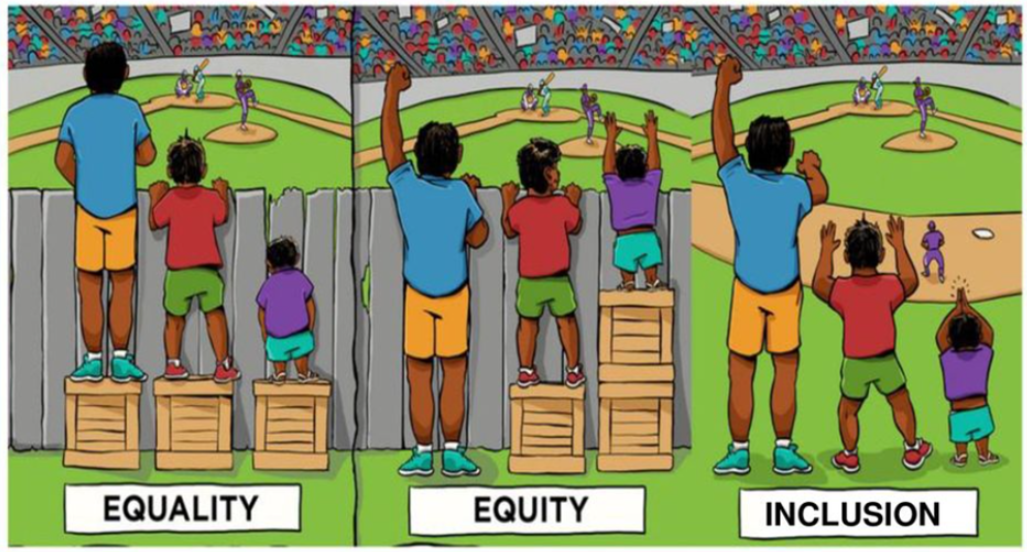
We aim to provide an environment in the school where all children can access a broad and balanced education and achieve their full potential. We ensure that pupils are given the appropriate learning opportunities and that a range of provisions are put in place to engage pupils in a full range of activities and to overcome barriers to their learning.
We ensure that all pupils are fully integrated in the school community and engage in school activities and that reasonable adjustments are made so that children with SEND are not at a disadvantage compared to other pupils.
The teaching and learning requirements of all children with SEND is primarily the responsibility of the class teacher. This reflects the principle that SEND (provision for children with special needs and disabilities) is a whole school issue and a recognised aspect of all curriculum planning.
We aim for early identification of any special educational needs and disabilities, and this process starts from the first day children enter our school. As your child joins us we will complete a Nessy Dyslexia Screening Assessment, this will help us to identify whether any reasonable adjustments need to be implemented to support your child’s development. If a child is attaining lower than age related expectations or progress is slower than expected/usual for the child, but it is felt that the child doesn’t have any specific needs, then appropriate intervention is planned for within the classroom and are recorded in our intervention records.
If we suspect a child might have SEND, then we talk to the people who know the child best- the parents/carers. In that initial assessment meeting, the child, their parents and their class teacher are invited to share their opinions and discuss the child’s strengths, areas of difficulty and hopes for the future. This forms the starting point for future support planning.
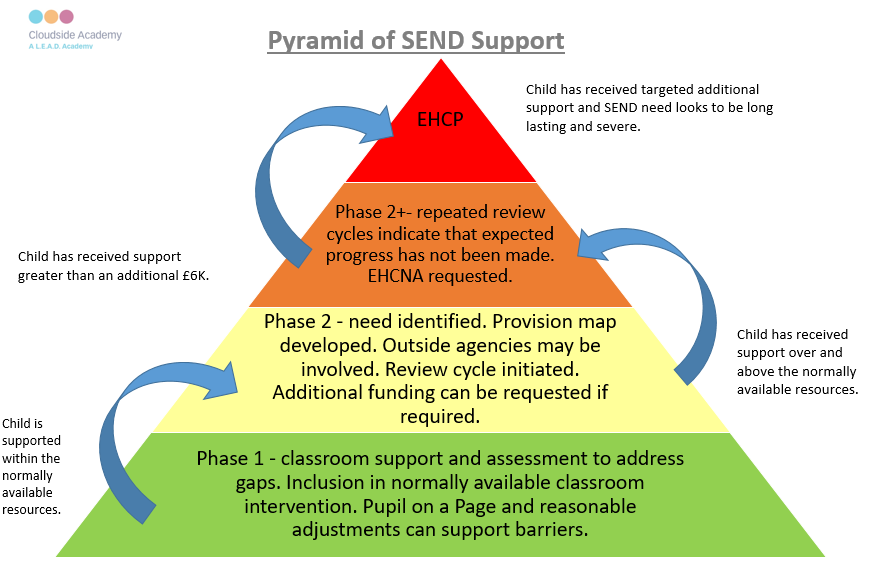
An Educational and Health Care Plan is sought by very few learners and is only applicable in the most significant of circumstances.
Should you believe your child requires a needs assessment, please get in touch with the school SENDCO.
Quality first teaching is vital; however for some children there are occasions when further additional support may be needed to help them achieve their targets. In order to do this, steps may be taken to support young people through their learning journey. Cloudside Academy works closely with Derbyshire County Council in order to support our children who are identified as having an additional need within the four areas of SEND, as identified by the DfE (SEN CoP 2014)
Communication and Interaction
Delay in attention / Interaction Skills—children may have difficulties ignoring distractions and may need regular prompts to stay on task. They may find whole class work difficult. They may need individualised motivation in order to complete tasks. These children may have peer relationship issues or may not be able to initiate or maintain a conversation. Understanding / Receptive Language—children may need visual support to understand or process spoken language. Children may repeat language.
Speech / Expressive Language—children may use simplified language and use limited vocabulary. Ideas and conversations may be difficult to follow, with the need to request further clarification. Some immaturities are in the sound system. Grammar/phonological awareness is still fairly poor and therefore literacy can be affected.
Cognition and Learning
Children may have difficulties with the skills needed for effective learning such as use of: language, memory and reasoning skills; sequencing and organisation skills; an understanding of number; problem-solving; fine and gross motor skills; independent learning skills; exercising choice; decision making and information processing.
Social, Mental and Emotional Health Children may have difficulties with social and emotional development which may lead to or stem from: social isolation; behavioural difficulties; attention difficulties; anxiety and depression; attachment disorders; low self-esteem and issues with self-image.
Sensory and/or Physical
These pupils may have a medical or genetic condition that could lead to difficulties with: specific medical conditions; gross and fine motor skills; visual or hearing impairment; accessing the curriculum without adaptation; physically accessing the school building or equipment; oversensitivity to noise / smells / light / touch / taste and issues with toilet / self-care. Special Educational Needs and Disabilities at Cloudside Academy.
At Cloudside, we have experience of supporting children and young people with a range of needs, including (and not limited to):
